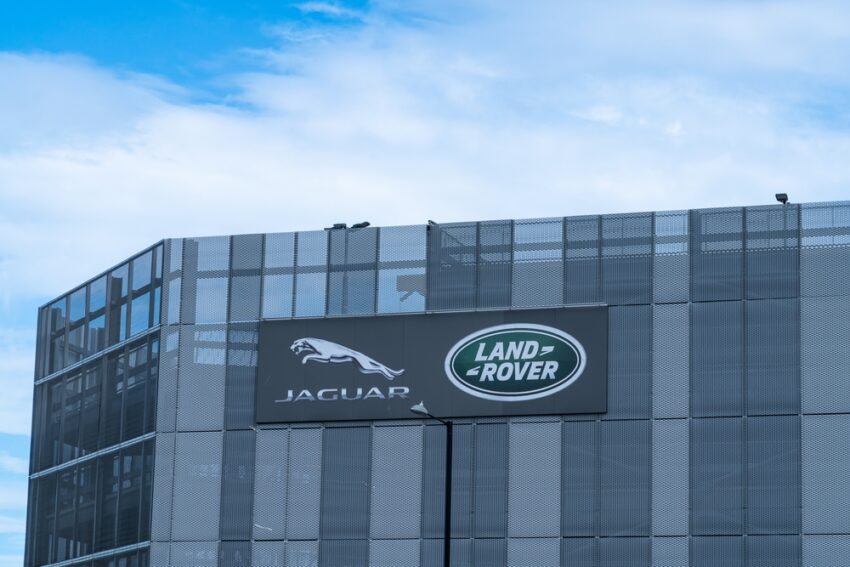Jaguar Land Rover (JLR) has been thrown a £1.5 billion taxpayer-backed lifeline after a crippling cyberattack left Britain’s biggest carmaker paralysed for almost a month.
The bailout, structured as a government loan guarantee, is designed to tide the company and its vast supply chain over until Christmas as it scrambles to restart production. JLR, owned by India’s Tata Motors, normally produces around 1,000 vehicles a day across its three UK plants. But since hackers breached its IT systems in late August, the company has been unable to build a single car — a standstill that has shaken Britain’s automotive sector to its core.
Business Secretary Peter Kyle confirmed that the Treasury, via UK Export Finance, will guarantee loans worth up to £1.5bn, enabling JLR to draw on private financing more quickly. The scheme is designed to prevent a collapse in the supply chain, which supports 120,000 jobs alongside JLR’s own 34,000 UK employees.
“This cyberattack was not only an assault on an iconic British brand, but on our world-leading automotive sector and the livelihoods that depend on it,” Kyle said. “This guarantee will help keep suppliers afloat and safeguard jobs across the West Midlands, Merseyside and beyond.”
Chancellor Rachel Reeves hailed the move as protecting a “jewel in the crown of our economy”.
JLR’s sprawling network of suppliers — from engine plants to component makers — has been hardest hit by the production freeze. Many small and medium-sized firms rely almost entirely on JLR contracts. Some told ministers this week they would need £1.5bn of support just to survive until Christmas.
While the Wolverhampton engine plant is expected to reopen in early October, insiders warn that a phased reboot will take months, with full production unlikely before the end of the year.
Industry figures are cautious about calling the loan guarantee a “rescue”, pointing out that JLR — not its suppliers — will ultimately be responsible for repayment. Export guarantees are not direct cash injections but rather state-backed assurances that banks will recover 80 per cent of loans if borrowers default.
The scheme was adapted during the Covid pandemic and has been used before to support industry. In July, Ford received a £1bn guarantee for its UK electric vehicle programme. In total, UK Export Finance extended £12.3bn in such guarantees in 2020-21.
Critics argue JLR, backed by the multibillion-dollar Tata Group, could have raised financing without state support. But ministers stress that the speed of delivery is critical in preventing supplier collapse.
Shadow Business Secretary Andrew Griffith welcomed the intervention but accused the government of dragging its heels. He also called for a new “cyber reinsurance scheme” to shield UK firms from increasingly sophisticated attacks.
The attack on JLR is the latest in a wave of high-profile hacks targeting British industry. The Co-op recently revealed an £80m hit from a breach earlier this year, while Marks & Spencer and Harrods have also disclosed incidents.
For JLR, the crisis comes at a delicate moment. The company is already grappling with slumping profits, falling sales, and delays to its electric vehicle rollout. Now, with hackers having exposed the fragility of its systems, Britain’s biggest carmaker finds itself fighting for survival through to Christmas.


